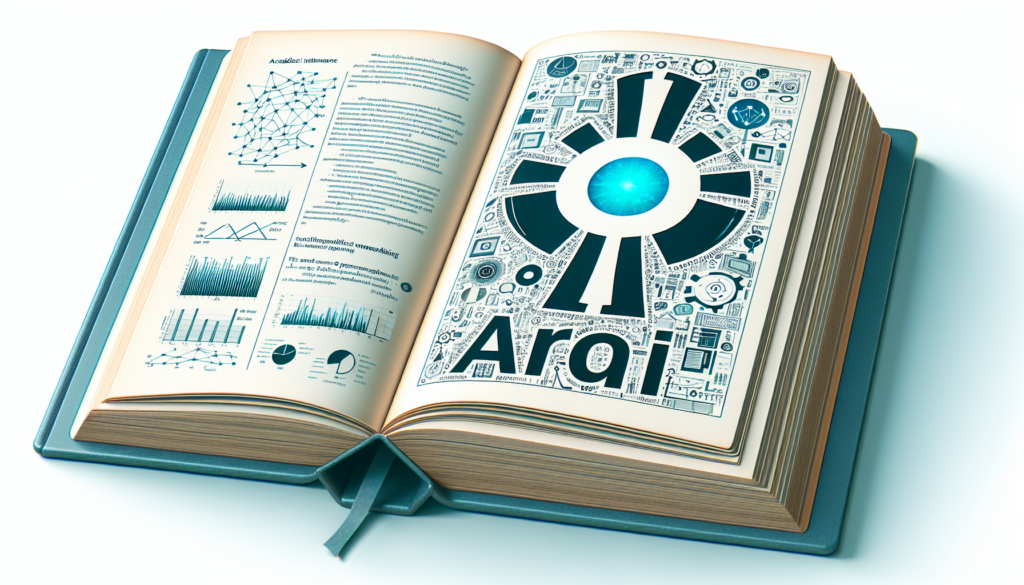
 ## OpenAI’s Text Watermarking: An In-depth Look at the Debate and Possibilities
## OpenAI’s Text Watermarking: An In-depth Look at the Debate and Possibilities
OpenAI, the research organization focused on artificial intelligence, has been leading the charge in creating tools and technologies that expand the capabilities of AI. A recent article from The Wall Street Journal disclosed that OpenAI has constructed a tool capable of accurately identifying essays produced by ChatGPT. Nonetheless, the organization has not yet made this tool available, igniting discussions and prompting inquiries regarding its potential effects and ethical ramifications.
What is Text Watermarking?
Text watermarking is a technique designed to incorporate a distinct identifier within a text, enabling tracing back to its source. This technique can be particularly effective in pinpointing writings generated by AI models like ChatGPT. OpenAI states that their text watermarking strategy has demonstrated high precision in controlled settings but encounters obstacles when the text undergoes alterations through translation, rephrasing, or other modifications.
The Dispute Over Tool Release
Although the tool is reportedly “ready,” OpenAI has refrained from launching it. The organization has provided various justifications for this careful stance. A primary apprehension is that text watermarking could unfairly affect non-native English speakers. OpenAI worries that the tool might create stigma around the use of AI as a helpful writing resource for these individuals.
Alternative Strategies Being Explored
Beyond text watermarking, OpenAI is investigating other avenues for establishing text provenance, such as classifiers and metadata. These alternatives are part of the organization’s comprehensive research aimed at ensuring the authenticity and originality of AI-generated text. However, each alternative comes with its distinct challenges and drawbacks.
The Ethical Considerations
OpenAI’s choice to postpone the release of the text watermarking tool emphasizes the ethical intricacies associated with AI development. The organization is adopting a “careful approach” to make sure that any implemented solution does not adversely affect the larger ecosystem. This prudence is vital, considering the potential for misuse and the broader societal consequences of such technologies.
Focusing on Audiovisual Verification
Interestingly, OpenAI has chosen to prioritize the introduction of authentication mechanisms for audiovisual content over text watermarking. This decision highlights the company’s emphasis on tackling more immediate and perhaps more manageable issues within AI-generated content.
Conclusion
OpenAI’s text watermarking tool signifies a notable progression in AI technology, yet its introduction is complicated by ethical and practical hurdles. The company’s cautious response illustrates a dedication to ensuring that their advancements do not inadvertently create harm or amplify existing disparities. As AI continues to progress, balancing innovation with ethical accountability will remain a vital concern.
Q&A Session
Q1: What is text watermarking?
Text watermarking refers to a method of embedding a unique identifier in a text, allowing for origin identification.
Q2: Why hasn’t OpenAI released the text watermarking tool?
OpenAI has postponed the launch due to worries regarding its potential effects on non-native English speakers and the overall ecosystem.
Q3: What alternative solutions is OpenAI exploring?
OpenAI is looking into classifiers and metadata as different approaches for ensuring text provenance.
Q4: What ethical issues surround text watermarking?
The main ethical issue is that text watermarking might discourage the use of AI tools among non-native English speakers and worsen existing inequalities.
Q5: Why has OpenAI prioritized audiovisual authentication tools?
OpenAI has prioritized these tools as they tackle more pressing issues and are likely easier to navigate compared to text watermarking.
Q6: How accurate is OpenAI’s text watermarking method?
The method exhibits high accuracy in controlled conditions but faces difficulties with tampered texts, like those modified through translation or rewording.
Q7: What is the societal impact of AI-generated content?
AI-generated content raises concerns about authenticity, originality, and ethical usage, affecting various fields including education, media, and communication.